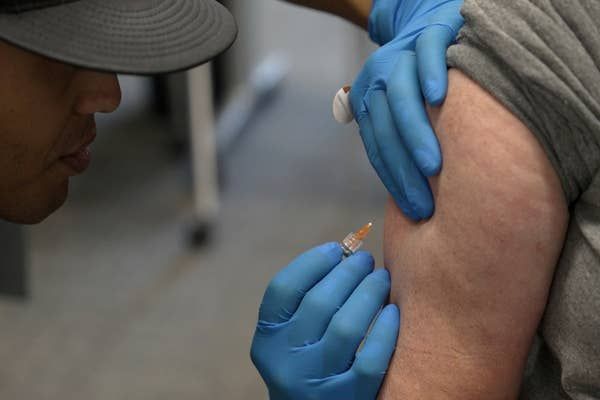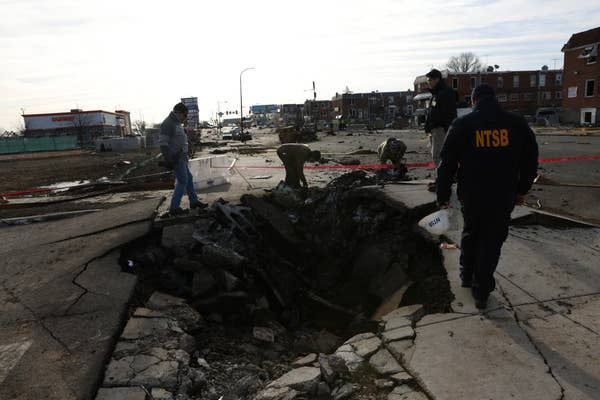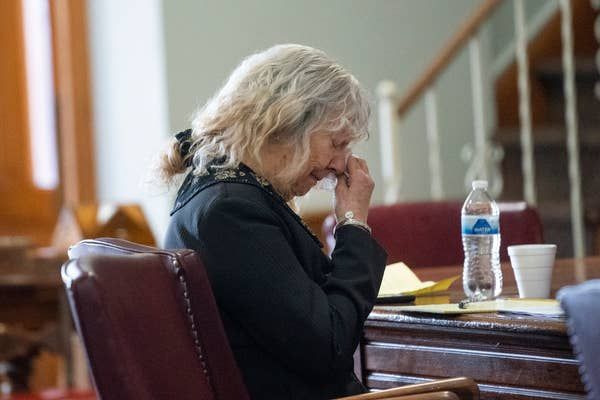A key figure involved in the infamous Snowtown murders has applied to be released from jail early for a second time — but families of the victims say they fear for community safety and believe he should serve his full sentence.
Eleven people were murdered between 1992 and 1999 by John Bunting, Robert Wagner and James Vlassakis.
Prosecutors had alleged there was a 12th victim, but that charge was dropped.
Mark Ray Haydon, 62, was not convicted of murdering anyone, but was convicted of seven counts of assisting the other three men to dispose of the bodies.
He received a 25-year sentence, with his prison term due to finish in May 2024.
The Snowtown trial was one of the biggest and longest in South Australian legal history, running for 11 months, hearing from 227 witnesses and costing about $15 million.
Haydon's wife, Elizabeth, was one of the 11 murder victims.
Victims' friends and family 'concerned'
On Saturday, Parole Board chair Frances Nelson confirmed that Haydon had applied for parole, following an earlier, failed attempt in 2017.
Victims' rights commissioner Bronwyn Killmier said she was preparing a submission for the Parole Board on the behalf of impacted friends and family.
She said while generally, there is a difference between victims, "in this case, they all believe he shouldn't be given parole".
"They're concerned about their own safety, but also about other people in the community," she said.
"They don't want anyone else to suffer like they've been suffering when they've lost people in this way."
She said the case was a "very traumatising" one, leaving some of the victims still dealing with mental health issues.
"They think he should do his full amount of time."
If Haydon is released, Ms Killmier said the families are considering requesting parole conditions to keep him away from them.
"We can ask for exclusion zones — for example, for where, if Mr Haydon gets parole, they might consider keeping him away from those areas," Ms Killmier said.
"The Parole Board has a range of conditions they can put on someone, including no alcohol, no firearms, no drugs."
She also noted that the board consider "a lot" of information, including Haydon's behaviour in prison and the courses he might have undertaken.
"Then, we are told the decision by the parole board, and we tell the victims that decision and talk them through that.
"We can also refer them to ongoing counselling and support if they need that."
Ms Killmier said she expected the Parole Board to make a decision before the end of 2021.







